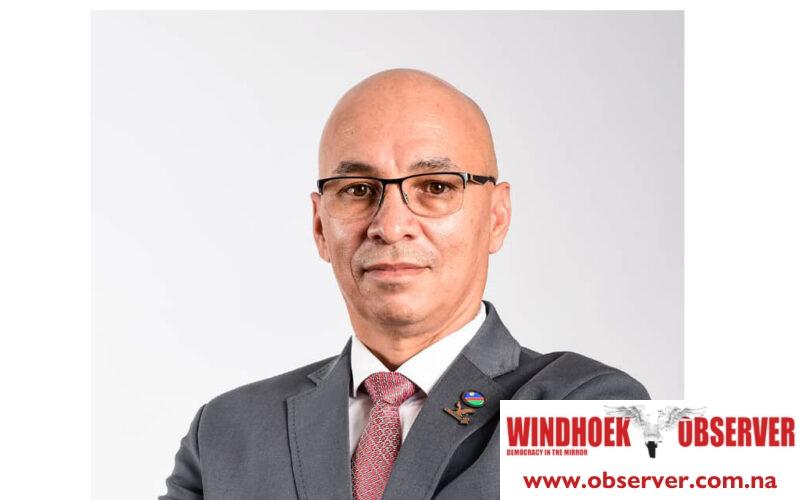Niël Terblanché
Namibia’s Ministry of Mines and Energy has granted permission for a one-off export of 6,000 tonnes of unprocessed lithium ore.
This comes just weeks after a blanket ban was imposed on exporting and transporting the raw material.
The go-ahead was given in a letter from Bryan Eiseb, the Executive Director of the Ministry of Mines and Energy, to the Inspector General of the Namibian Police, Lieutenant General Joseph Shikongo.
This decision follows a high-level meeting between the mining ministry staff and the Namibian Police top brass, aiming to reconcile regulatory compliance with economic activity.
The permission is specifically for stockpiled ore from the Kohero Mine and only that ore will be allowed to be shipped from the port of Walvis Bay, provided export permit conditions are met.
The issue surfaced when Xinfeng Investment CC, despite possessing a mining licence, was caught transporting lithium without the necessary permits.
Upon this discovery, the mining commissioner ordered a subsequent halt to avoid a breach of the Minerals Act.
Clarification came when Long Fire Investments’ lawyers informed the mining commissioner that the ore was legally mined from their Uis area claims by a Namibian entity, and only transported by Xinfeng.
Further complicating the issue, Long Fire’s onsite crusher was non-functional, leading to an inter-company agreement to use Kohero Mine’s crushing facilities.
This led to a requirement for a removal permit, now being processed, for the ore’s transfer from Long Fire to Kohero Mine.
Mining inspectors have verified approximately 8,000 tonnes of lithium ore at Kohero Mine, ready for export, with an additional 19,442 tonnes already at the port.
Long Fire, having already arranged for a ship capable of carrying 26,000 tonnes, was facing potential non-compliance issues for transporting without a permit.
Despite this, a temporary export permit for 30,000 tonnes of lithium ore has been issued, expiring on December 15, as part of the ministry’s initiative to monitor and regulate the industry’s sustainability.
This move aligns with President Hage Geingob’s announcement at the Namibia-EU Business Summit, emphasizing the ban on raw mineral exports to foster local processing capacities.
The backdrop of this development is a legal skirmish between Xinfeng Omaruru and the mining ministry over mining licence 243.
Initially revoked by the ministry, the Windhoek High Court later found in favour of Xinfeng, with the judge stating that the minister had no authority to cancel the licence.
Despite this win, Xinfeng remains under a Cabinet directive, not authorising further exports, except for the Attorney General’s recommendation for a one-time export for “testing purposes.”
The Namibian government’s latest decision reflects a nuanced approach to resource management, potentially setting a precedent for future cases in the extractive industry.




